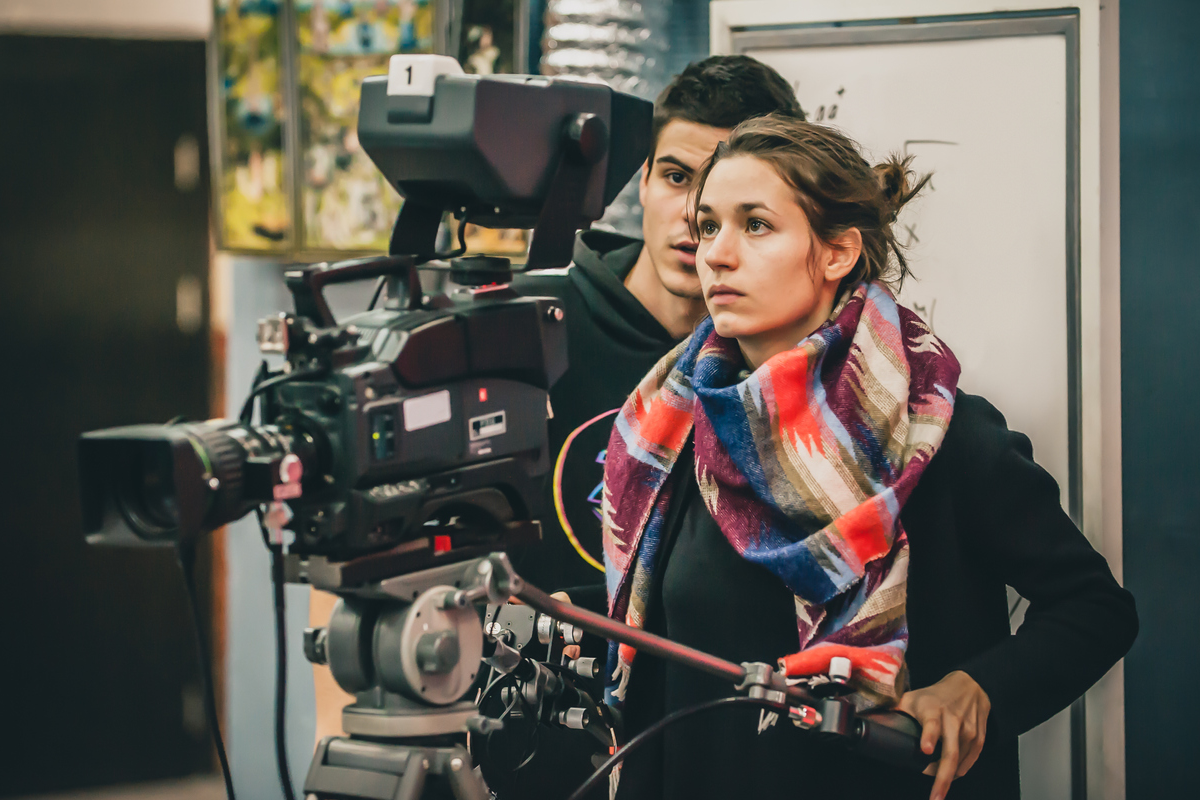
Photo: guruxoox via iStock
Financial barriers to creative work increasing, research finds
Bursary supporting talent from underrepresented backgrounds to get into the creative industries reopens amid concerns that financial barriers are impacting job prospects.
The number of people from backgrounds underrepresented in the creative industries that don't apply for jobs because of financial constraints is increasing, according to research by Creative Access.
The social enterprise surveyed individuals in its community working in or looking to pursue a career in the creative industries to examine how financial barriers impact career progression.
It found 82% of respondents had not applied for jobs because of financial barriers, an increase of five percentage points since 2021. The figure increased to 84% among respondents in broadcasting and to 90% when considering only respondents working in the arts.
READ MORE:
- Newly founded body aims to improve diversity in fine arts
- ‘Don’t level up or down – remove barriers’
More than half (57%) of all respondents said financial barriers are a significant threat to their creative career progression. The three most frequently reported financial barriers when applying to jobs were commuting costs, unaffordable living costs and being without funds to relocate.
Creative Access CEO Bibi Hilton commented: “We’re disappointed – but sadly unsurprised – to see the confirmation of what we see and hear all too often from our community”
“Financial barriers exclude those from historically minoritised communities from accessing roles and progressing in the creative industries.”
Creative bursary relaunched
In response to the findings, Creative Access has launched its third Career Development Bursary, supported by McLaren Racing.
The bursary is aimed at supporting talent from communities underrepresented in the creative industries in terms of ethnicity, disability and lower socio-economic status.
“At Creative Access, our mission to break down these barriers, which is why we are proud to be able to continue to provide this bursary with our long-standing partners McLaren Racing to give funding to individuals from under-represented communities as they progress in their careers and help to shape the future of our industry,” Hilton said.
More than 80% of participants in last year’s bursary agreed the fund helped them access more opportunities.
Those who received bursaries put their funds towards tech and equipment, training, driving lessons, living costs and creative projects to help boost their careers.
Applications are now open for the third round, with applicants required to communicate their aspiration to develop a career in the creative industries, an idea on what the bursary would go towards and evidence of expected costs.
Join the Discussion
You must be logged in to post a comment.